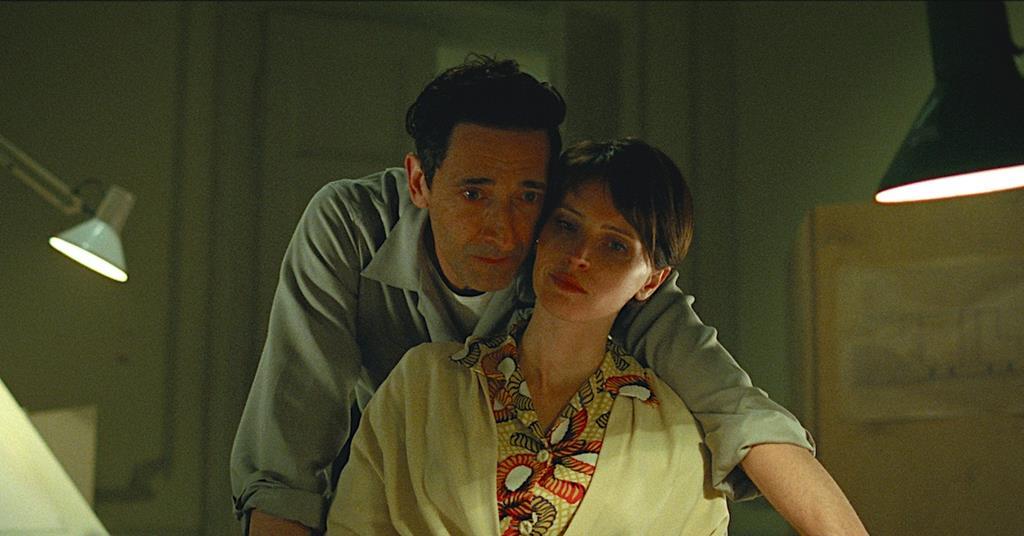19 May, 2025
Obviously there are many factors that contribute to anxiety. But, one simple, yet powerful, way of modeling it is as a function of “loose ends”—i.e., assignments to complete, chores to do, etc.
I think that it looks something like
A(a1,⋯,an)=∏i=1nai
where:
- A is one's anxiety level,
- n is the number of "loose ends",
- and ai is the i-th loose end's "anxiety factor"—how subjectively anxiety inducing it is.
Say, for example, one has to clean their room, write an email, and complete a problem set, and these have “anxiety levels” of 1.5,1.7, and 2.5 respectively. Then their total anxiety level is 1.5·1.7·2.5=6.375.
Why does this matter? Because it illustrates the devastating impact of additional loose ends—they compound.
If we're already loaded with anxiety inducing tasks, then the marginal impact of the (n+1)‑th task is severe. The same loose end, piled on in different contexts, can result in order of magnitude differences in one's anxiety levels; the number of outstanding obligations dictates the impact of an additional one.
On the flip side, it demonstrates the power of completing things—anything. Say the 1.2 in our above example was a quick email, and we wrote it. Then, the reduction in anxiety level is ~7 times greater than the task's anxiety level!
What about strategies for coping with anxiety—therapy, meditation, etc.? I'd model these as having some anxiety factor a≤1. Anecdotally, I've found that these are pretty close to one—say, .95≤a≤1.
This means that attempting to reduce your anxiety levels by ignoring the loose ends is much less impactful than directly tackling loose ends. Obviously, I'm no doctor—these things have their place, and I'd encourage you to do what's right for you and seek help if needed.
So, if you're to take anything away from this, aggressively reduce the number of loose ends in your life if you want to reduce your anxiety.
.png)




